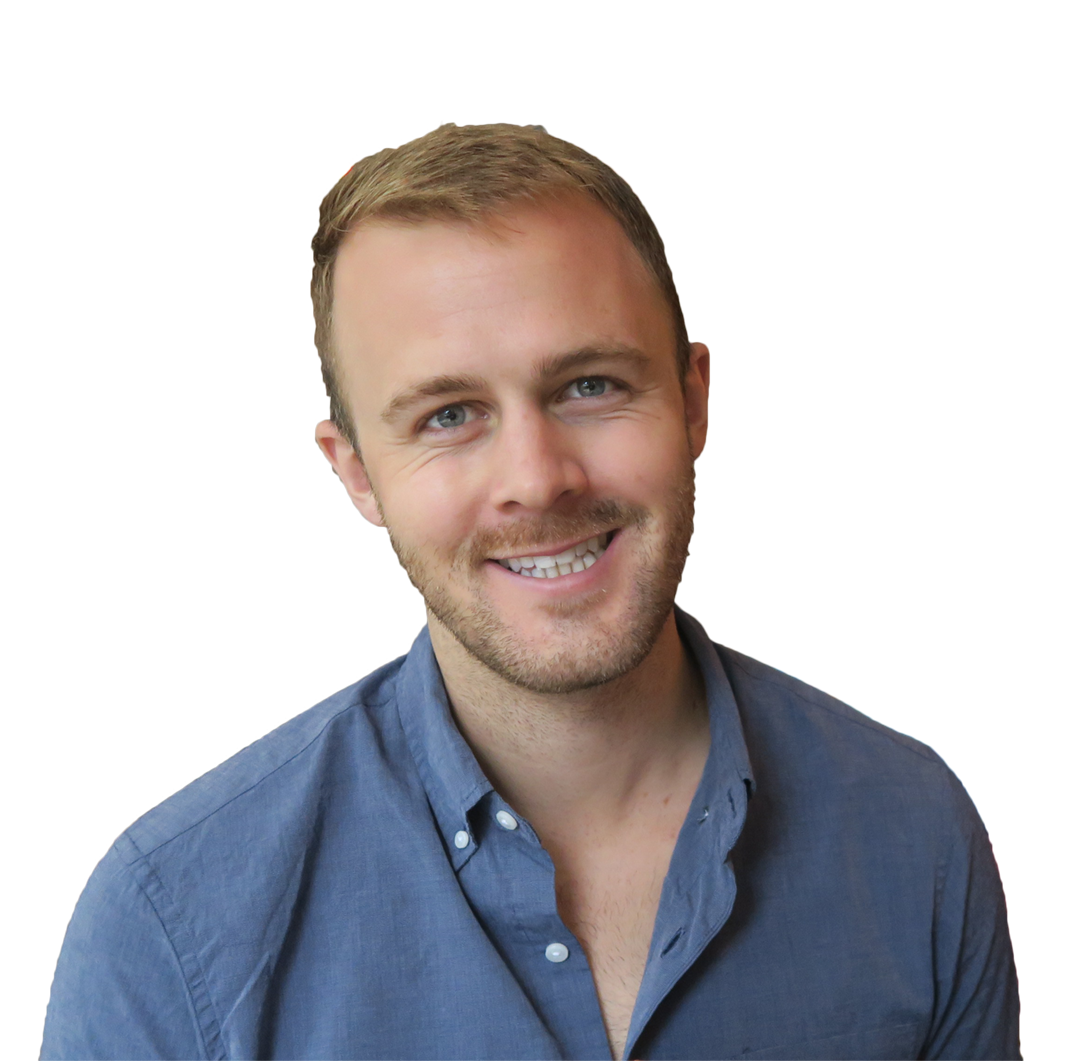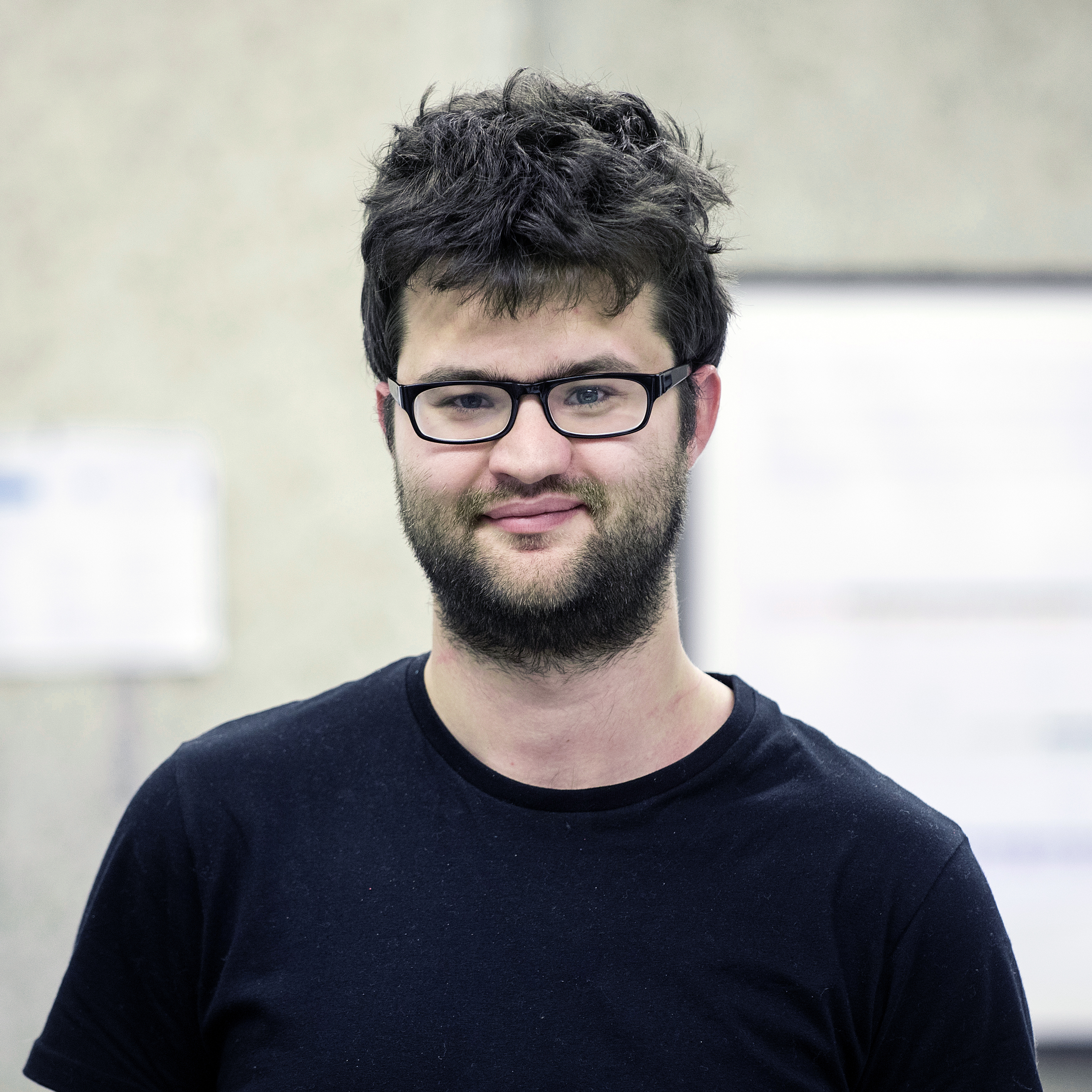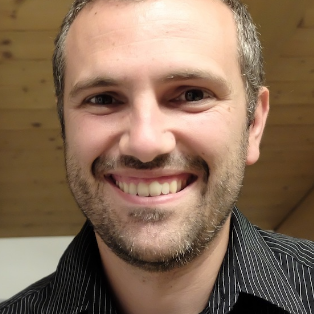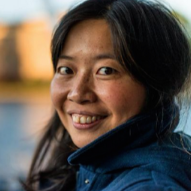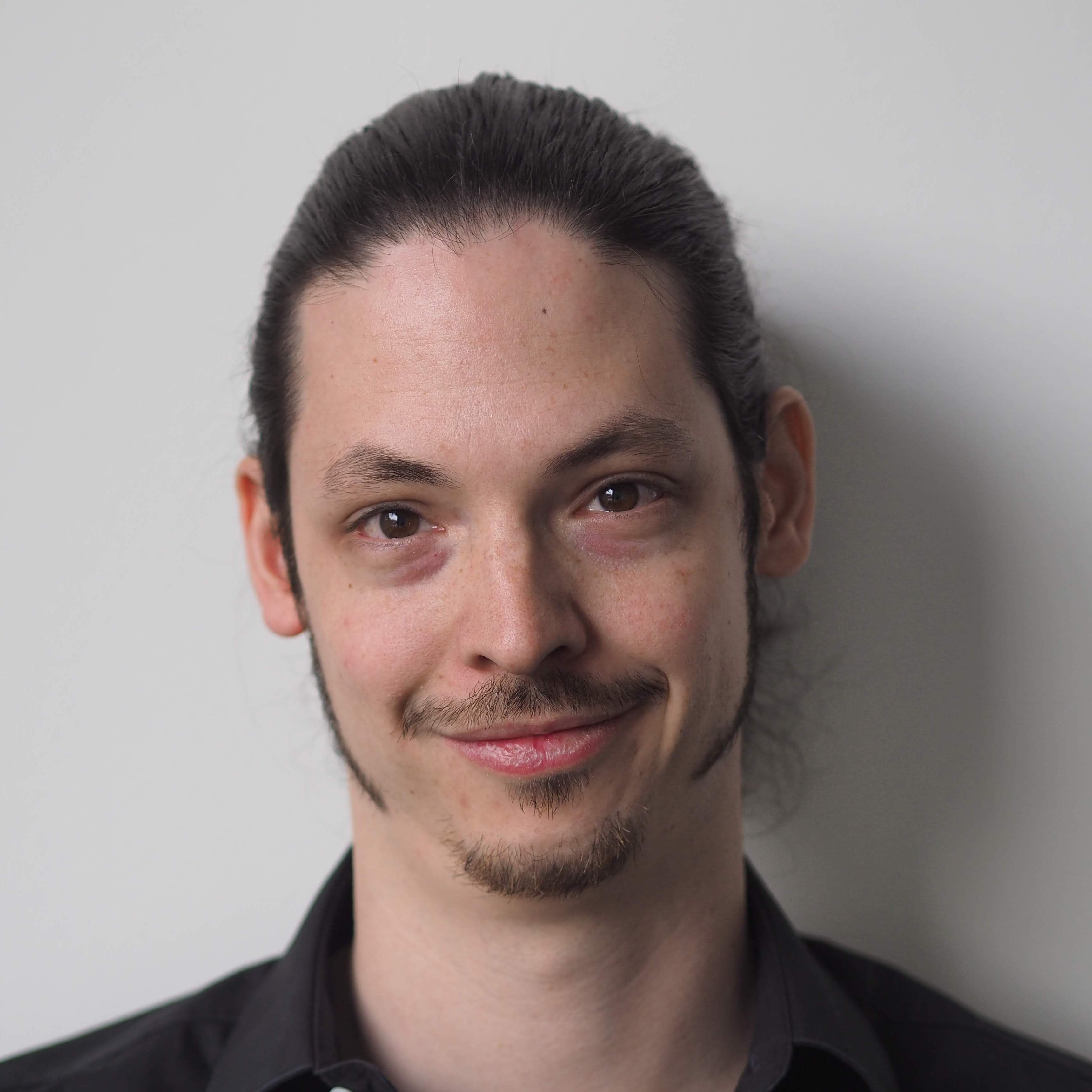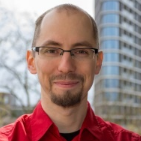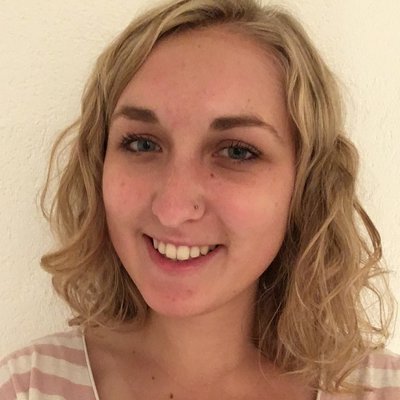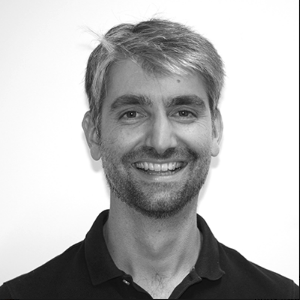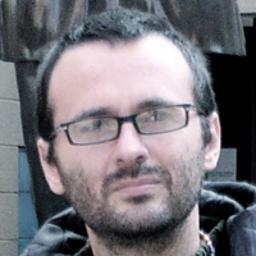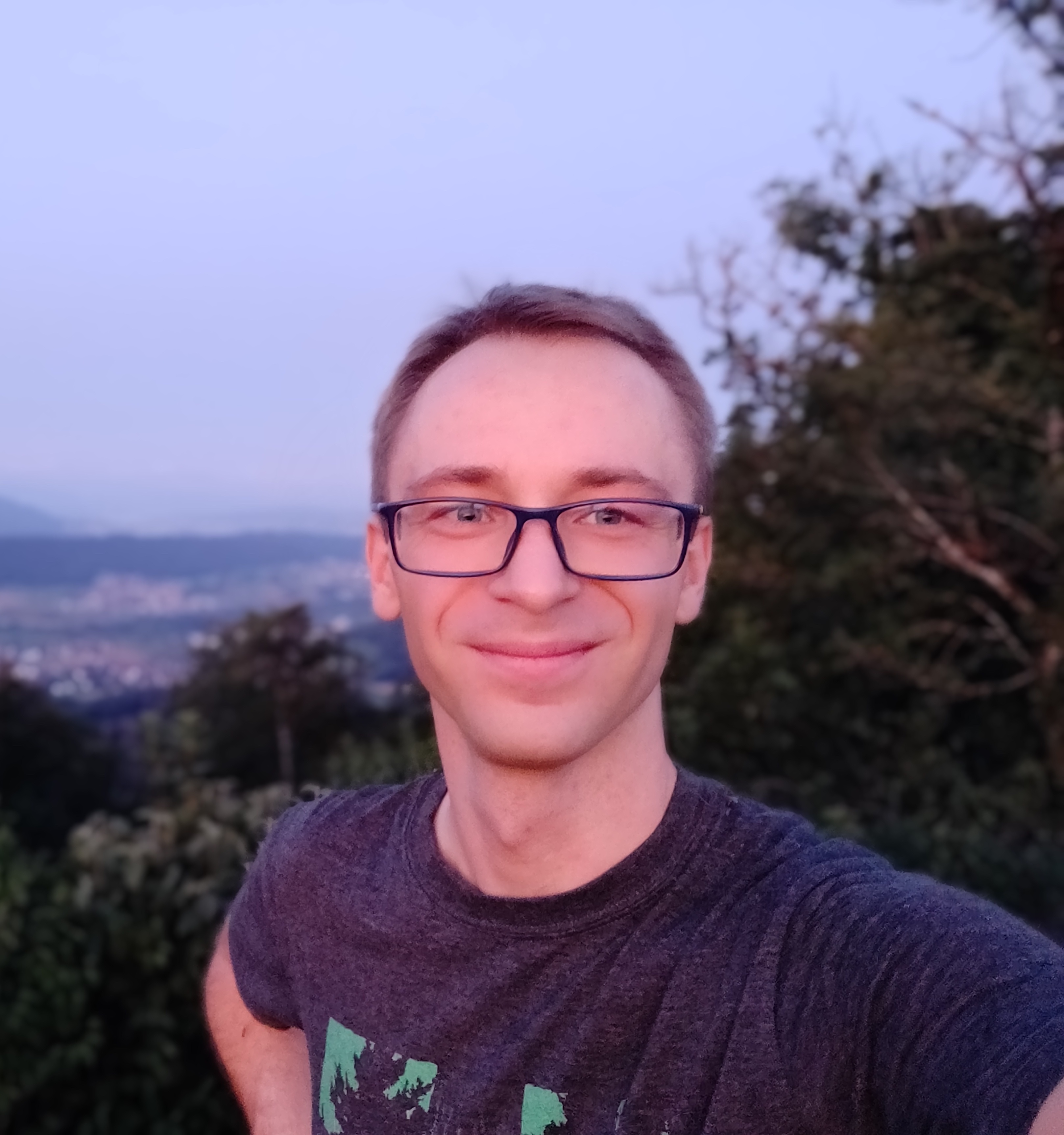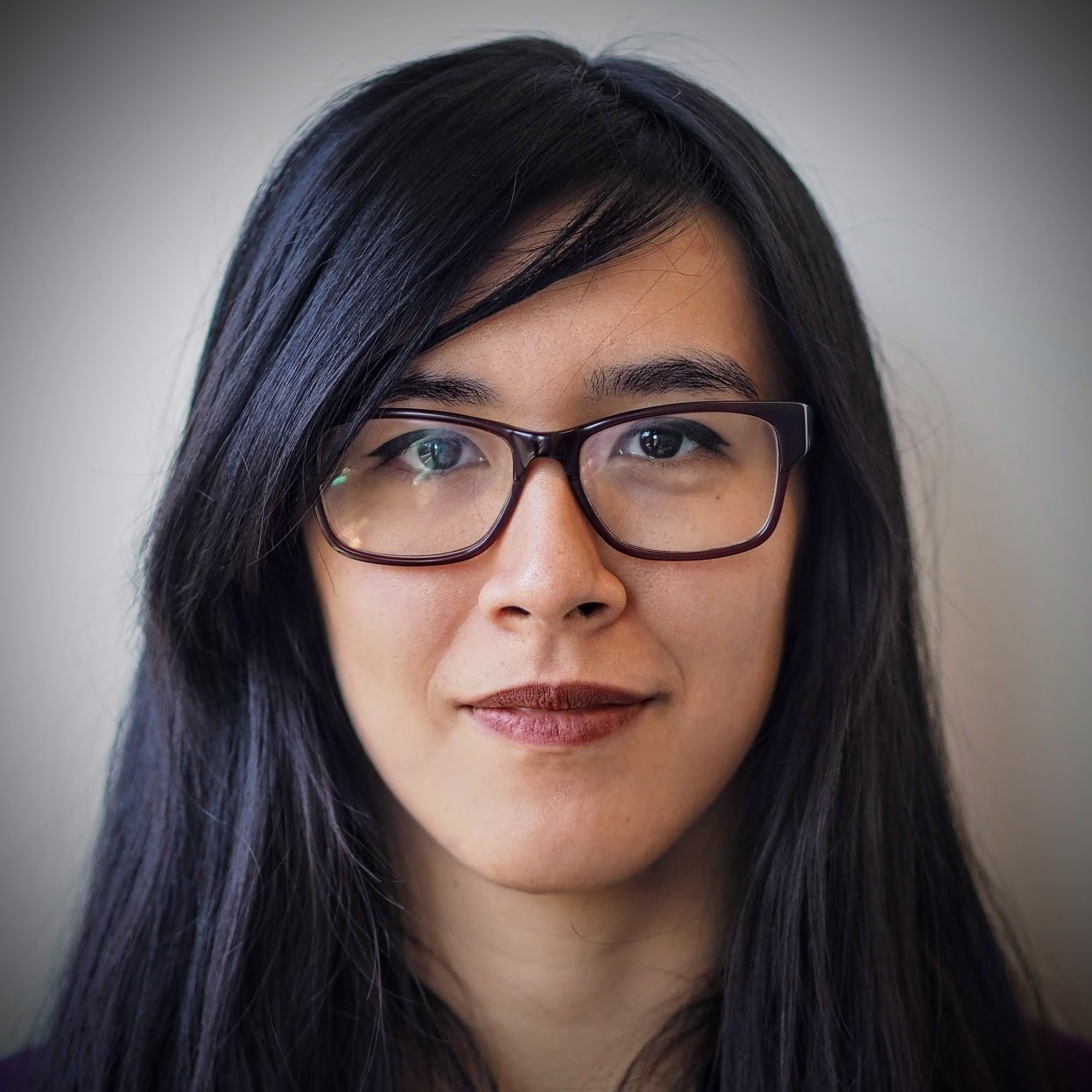Welcome and introduction
Applying AI to Advancing Space
With Marcus Märtens
Low-shot learning for detection and mapping in Earth observation imagery
With Frank de Morsier
Detecting Convective Clouds in Geostationary Satellite data with Convolutional Neural Networks
With William Clemens
Break
Teaching Machine to analyze cosmological dataset from space
With Shirley Ho
Guidance And Control Networks: from perception to optimal action
With Dario Izzo
Supervised Machine Learning for Exoplanet Atmospheric Retrieval
With Chloe Fischer
Emulating the energy distribution in the Universe
With Mischa Knabenhans
Data-driven emulation of planetary-scale collisions
With Miles Timpe
